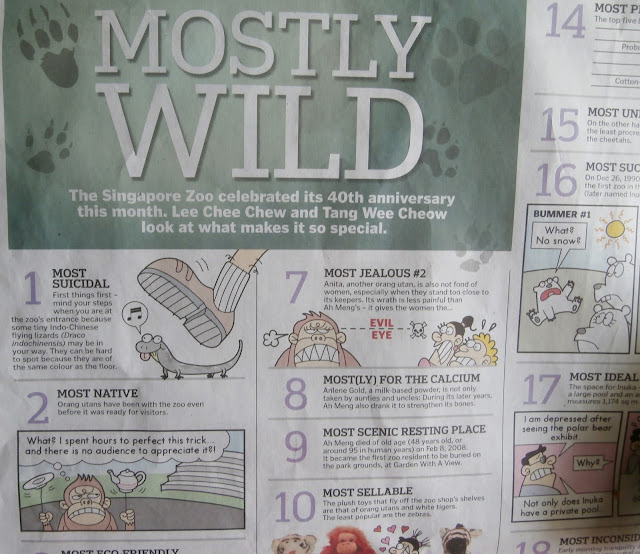When a diplomat says "Yes", he means "Maybe".
When he says "Maybe", he means "No".
When he says "No", he's no diplomat.
Ah, but that joke originated in the West. Here's one Westerner's tongue-in-cheek definition of diplomacy:
Diplomacy is the art of saying "Nice doggie" until you can find a rock -- Will Rogers (American humourist, 1879-1935).
Anyway, here are some definitions of what a diplomat is:
A Diplomat is a person who... knows what to say but doesn't always say what he knows. tries to settle problems created by other diplomats. can always make himself misunderstood. can juggle a hot potato long enough for it to become a cold issue. can keep his shirt on while getting something off his chest. can make nothing sound like something. can put his best foot forward when he doesn't have a leg to stand on. can put his foot down without stepping on someone's toes. can say the nastiest things in the nicest way. can tell a man he's open-minded when he means that man has a hole in his head. can tell you to go to hell so tactfully that you look forward to the trip. comes right out and says what he thinks when he agrees with you. has a straightforward way of dodging issues. knows how far to go before he goes too far. lets you do all the talking while he gets what he wants. puts his cards on the table, but still has some up each sleeve. straddles an issue whenever he isn't dodging one. will approach every question with an open mouth. ... and will lay down your life for his country.
-----------------------------------------------
Here are examples of two real diplomats "in action". One seems to have a "foot-in-mouth" disease and the other is a smooth talker who, if you read his words carefully, has said nothing really:
That's why I wonder what diplomats really mean when, coming out of a tension-filled meeting, they still smile for the cameras and jointly proclaim that they had a "fruitful discussion". I suspect there were platters of fruits on the table, and that they had partaken of the fruits.
Likewise, for this one...
... I think there's a missing "e". So the above should actually read:
DIPLOMATS HAVE 'CANDI(E)D EXCHANGE'
ie, they exchanged candied sweets!
Finally, I believe diplomats do try not to lie. One, who has not been seen for a while, might say: I HAVE BEEN ABROAD.
Another might say almost the same thing, but very quickly: IHAVEBEENTOABROAD.
.jpg)
.jpg)

.jpg)





.jpg)
.jpg)
.jpg)
.jpg)







.jpg)
.jpg)
.jpg)
.jpg)













.JPG)









.jpg)
.jpg)




.jpg)

